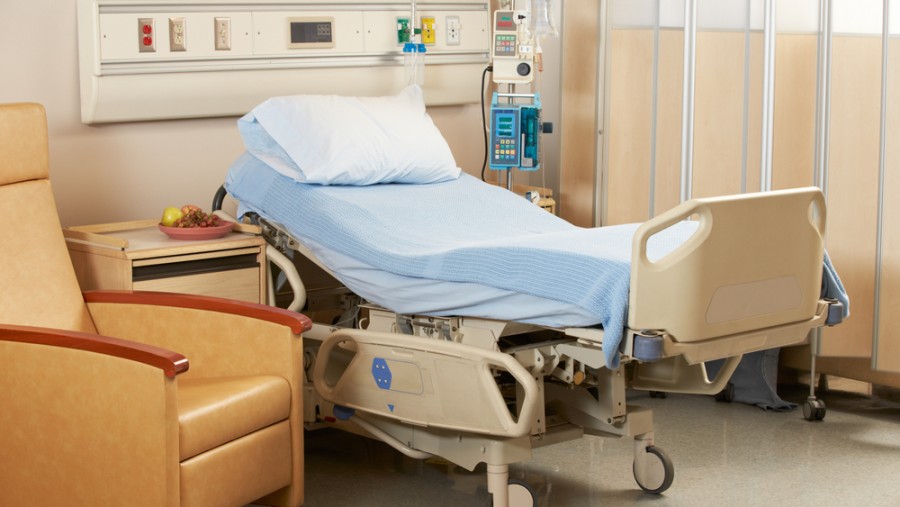Nineteen major private hospitals in Calcutta have informed the West Bengal Clinical Establishment Regulatory Commission that they are not bound by its “purported” order fixing upper limits on pathological and radiological tests, while also questioning the basis and validity of the order.
Represented by the Association of Hospitals of Eastern India, the hospitals noted that the association received the "order" on fixing rates via WhatsApp on July 2.
The association, in its letter to the commission secretary on July 6, has also demanded the commission explain how the rates had been decided.
“… disclose all the documents evidencing the formation of opinion including the documents in relation to the appointment, terms of reference, the decision-making process and the suggestions of the two expert committees referred to in the said order to demonstrate how these orders have been arrived at,” reads the letter.
The association has also questioned how the commission decided on the rate caps being applicable to only those hospitals with more than 150 beds.
The letter worded in legalese, reminds the commission of its powers and functions under the West Bengal Clinical Establishment (Registration, Regulation and Transparency Act), 2017.
While the commission is empowered under section 38 (A) of the Act to regulate fixing of rates or charges for treatment of patients in indoor and outdoor departments, section 52 of the same Act clarifies that it will have to do so with prior approval from the state government.
The association representing private hospitals claims that the commission has violated the provision. "No such approval of the state government by notification is forthcoming in the present case which renders any exercise of power under Section 38 of the said Act a nullity and therefore non-est and void ab initio,” reads the letter.
The association has reminded the commission that it can only “make regulations” and “not pass orders”.
“Even assuming, without admitting, that the said 'order' is valid, the exercise of power under Section 38 has to be construed reasonably and cannot be used arbitrarily to fix rates,” the association states in its letter.
The association letter also states that none of the member hospitals was heard by the two committees (the letter calls it "purported committees").
“The entire process, which is opaque, is in violation of the inalienable principles of natural justice which is a part and parcel of Article 14 of the Constitution of India,” says the letter.
The hospitals have reasoned that those accreditated with the Joint Commission International (JCI) and the National Accreditation Board for Hospitals & Healthcare (NABH) require stringent quality control protocol even for the most basic tests and those measures have an impact on the cost pricing.
“… the same rate has been fixed arbitrarily without any rational basis. The proposed uniform rates are discriminatory and amount to treating unequals equally and will deny equality in treatment of those similarly placed as against those otherwise placed,” the letter says in the section called submissions.
The rates fixed by the commission, says the association, are “unjust, baseless and do not reflect due application of mind to relevant considerations, contrary to accepted industry practices” before giving a point-by-point explanation on why it opposes the rates.
The hospitals say tests like the 128-position emission tomography (PET), computed tomography (CT) scanning systems, 3 Tesla Magnetic Resonance Imaging (MRI), catheterization laboratories require significant “cost absorption” and “infrastructural investment” along with trained manpower which have not been “reflected in arbitrary rates fixed by the commission.”
The commission, which had announced the order was to come into effect immediately, is yet to respond to the hotel association's letter.
The association has demanded the order be withdrawn and/or rescinded, and sought an opportunity to be heard “through counsel.”
The commission secretary, Arshad Hasan Warsi, has promised to talk to the hospital association. "The Commission will hear them soon online. Most of the hospitals are in agreement as the rates are very much reasonable and in some cases almost the same as prevalent," said Warsi.











